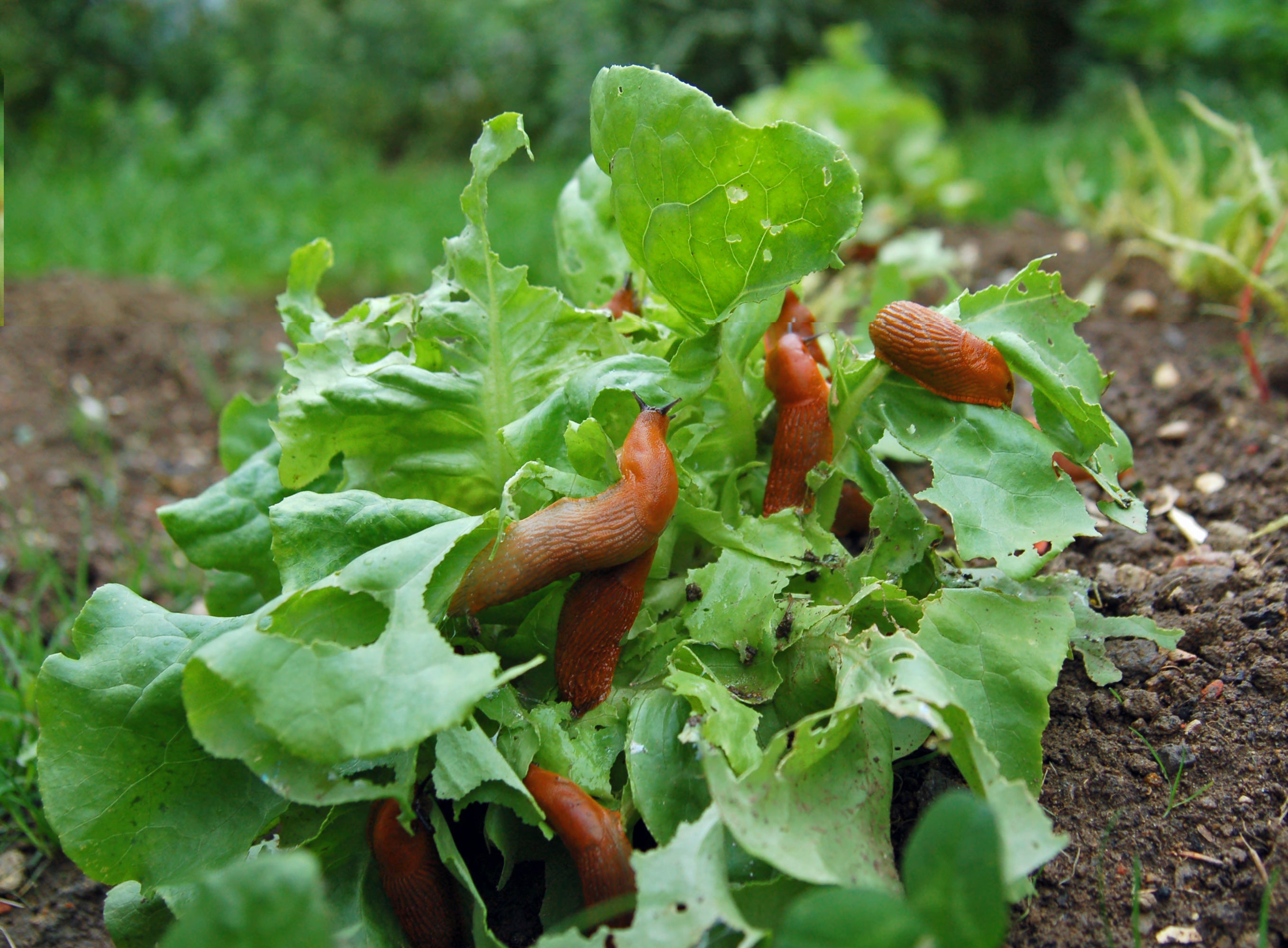
Plastic pollution is harming slugs, beetles, snails and earthworms, new research has found, raising fears Britain’s entire food chain has been contaminated.
Researchers found more than one in ten bugs had fragments of plastic in their stomachs, causing harmful chemicals to be passed on to larger animals that feed on them, like birds and hedgehogs.
The study, by scientists at Sussex and Exeter universities, analysed more than 580 bug samples from 51 sites across Sussex.
Microplastics were found in almost 12 per cent of bugs with the highest levels recorded in earthworms (30 per cent) and slugs and snails (24 per cent).
Polyester, most likely from clothes, was the most common type of plastic found in the invertebrates tested.

Researchers suspected these plastic fibres came from dried human sewage sludge which is used as fertiliser by some farmers and can contain fibres from washing machines.
One common garden black beetle was found with a 4.5mm long piece of nylon inside it- that's a quarter of its body length.
Although animals that feed on decaying plant matter had the highest rates of plastic, carnivorous insects, such as ladybirds, were also affected.
Researchers say the findings raise fresh concerns about the long-term effects of plastic pollution and its impact on biodiversity and that it should no longer be seen as solely a marine issue.
“We were surprised by just how widespread this plastic contamination is,” said lead author Emily Thrift, Ecology Doctoral Tutor at the University of Sussex.
“This is the first study to find plastics consistently turning up across an entire community of land invertebrates.
“Similar plastic types were found in hedgehog faeces in our earlier research, and they seem to be entering the diet of birds, mammals, and reptiles via their invertebrate prey.”
One previous study on insects from 2024 revealed ingesting plastic can lead to stunted growth, reduced fertility and changes in liver, kidney, and stomach function in various species, raising alarm among conservationists.
In another 2020 study published in the journal Global Change Biology, dippers, a type of small bird, were found to be ingesting about 200 plastic particles a day from the insects they eat. Three in four of the fragments found in the birds were less than 0.5mm in size but were up several millimetres in length.
Professor Fiona Mathews, Environmental Biologist at the University of Sussex, stressed that microplastics are now found in every level of the food chain, from bugs to mammals.
She said: ‘Attention is currently focused on litter as the main source of contamination, but these findings suggest multiple sources ranging from clothing to paint.”
The researchers say their work, which spans six invertebrate groups and four levels of the food chain, highlights the need to research how these different plastics are damaging the environment and implement stronger measures to limit plastic pollution.
Urgent warning over ‘savage’ invasive beetle that could devastate UK crops
Thousands turn out for paddle out protests over ‘sewage scandal’
Road sign welcoming people to town moved to a different town 10 miles away
Rare royal ring bought for £15 in charity shop could be worth huge sum
Nationwide customers to earn £100 bonus payment this year – are you eligible?







